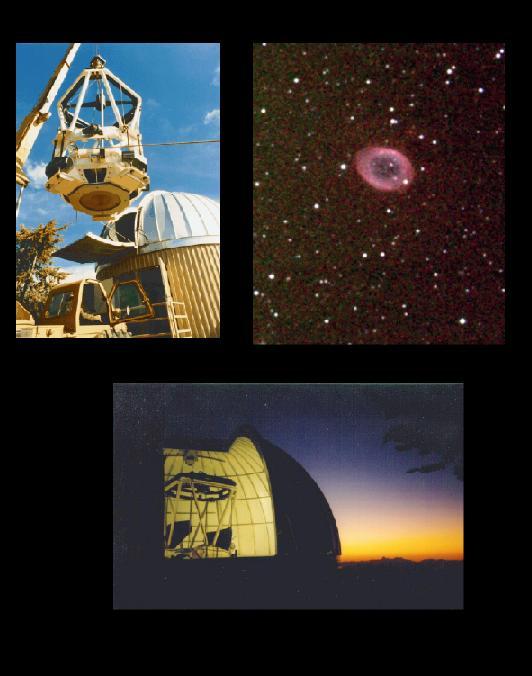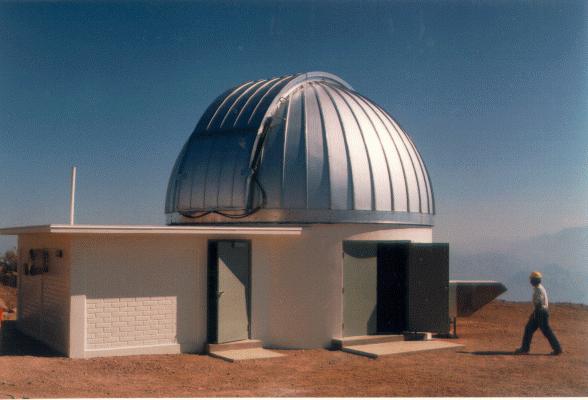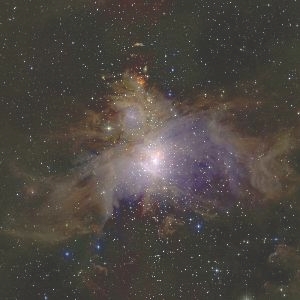Difference between revisions of "2 Micron All Sky Survey - 2MASS"
| Line 21: | Line 21: | ||
| − | '''[http://www.ipac.caltech.edu/2mass/gallery/pow.html | + | '''[http://www.ipac.caltech.edu/2mass/gallery/pow.html 2MASS Picture of the Week]''' |
[[File:2 Mass POW Orion.jpg|400px|thumb|center| Orion - Atlas Image courtesy of 2MASS/UMass/IPAC-Caltech/NASA/NSF]] | [[File:2 Mass POW Orion.jpg|400px|thumb|center| Orion - Atlas Image courtesy of 2MASS/UMass/IPAC-Caltech/NASA/NSF]] | ||
There is a really nice image out there somewhere that shows where 2MASS falls on the spectrum that I will try to find. | There is a really nice image out there somewhere that shows where 2MASS falls on the spectrum that I will try to find. | ||
Revision as of 00:06, 18 January 2013
2MASS the 2 Micron All Sky Survey is an all sky survey in the 2 micron range that used both northern and southern hemisphere 1.3 meter telescopes to cover the whole sky from 1997 through 2001 with a final post processing release in 2003.
According to wikipedia, the goals of 2MASS were to look into the areas of the Milky way hidden in visible light, to look for brown dwarfs and low mass stars and to create a catalog of all of the galaxies and stars 2MASS could detect.
Click here to see a live webcam pointed at 2MASS south via SKYNET remote network.
- wavelengths J (1.25 um), H (1.65 um), and Ks (2.17 um) in the Near Infrared (NIR)
- over 500 million sources in the point source catalog
- 1.6 million sources in the extended source catalog (I don't know what this means yet:)
- catalogs publicly available.
There is a lot more info here at the IPAC 2MASS page
But I have not read through it all and I still don't know why its J, H, K which is not the order of the alphabet and it really bugs me!
There is a really nice image out there somewhere that shows where 2MASS falls on the spectrum that I will try to find.


